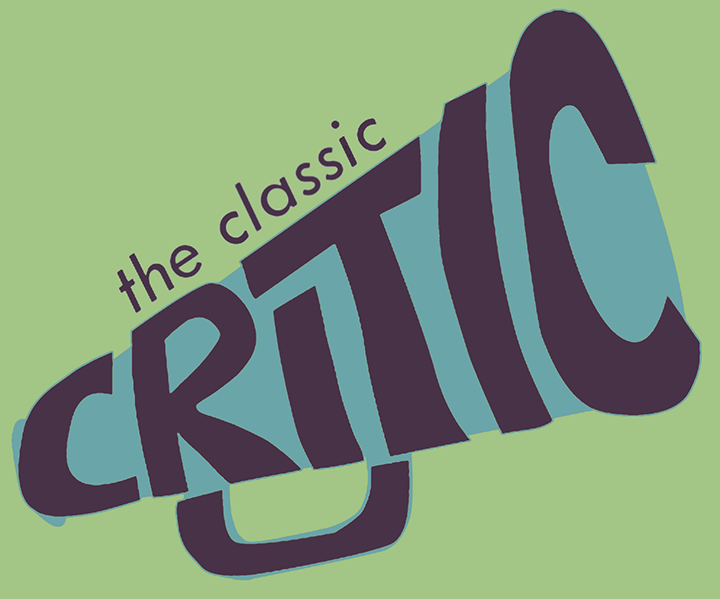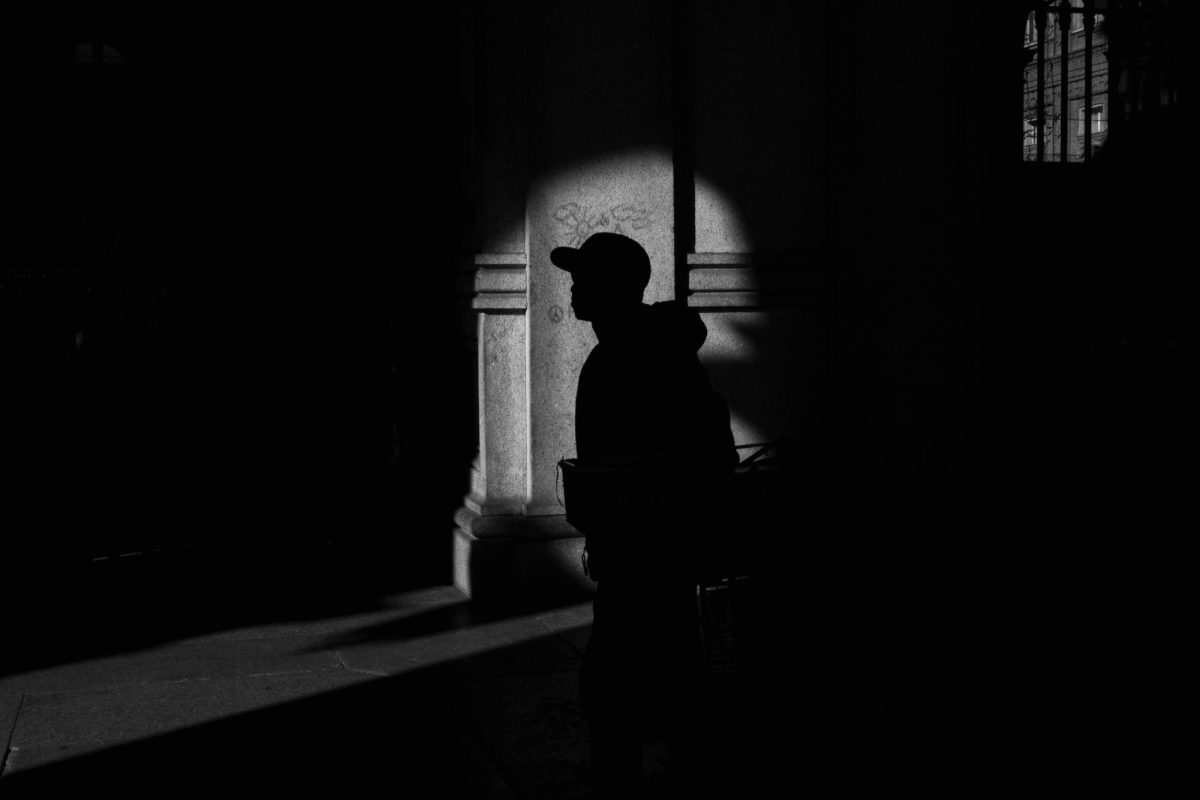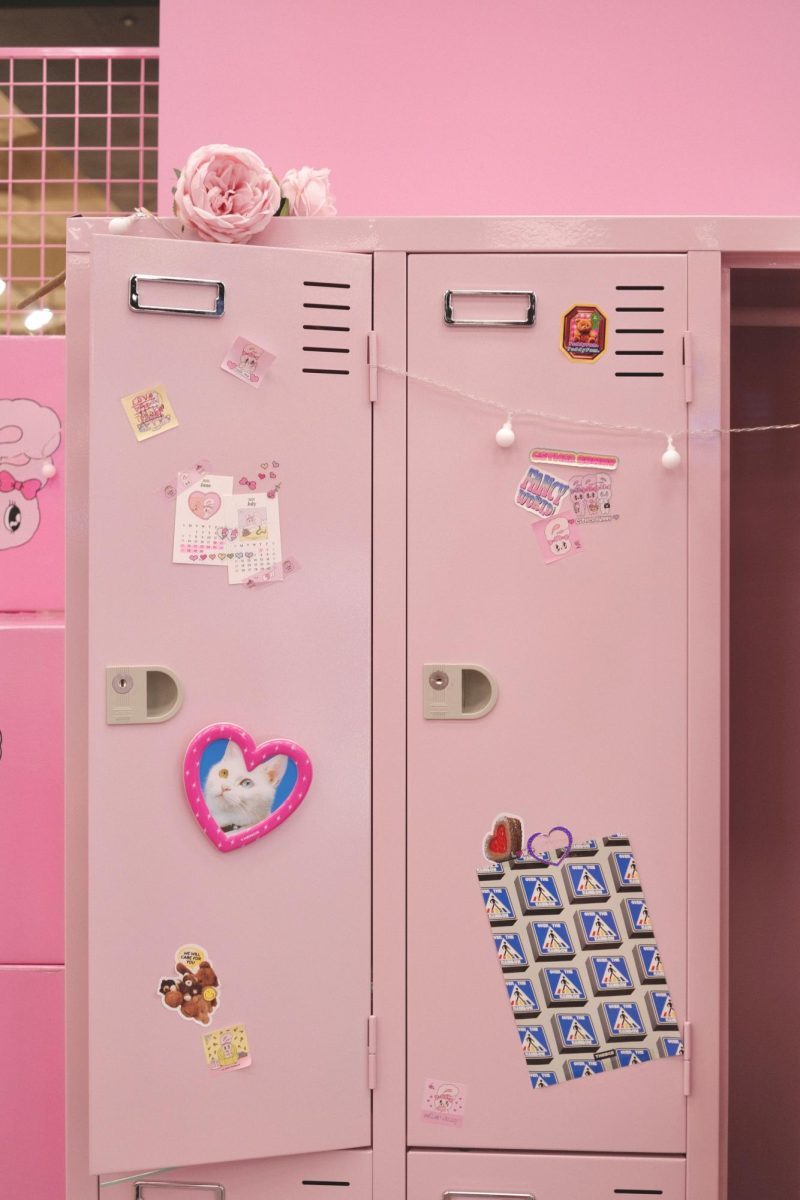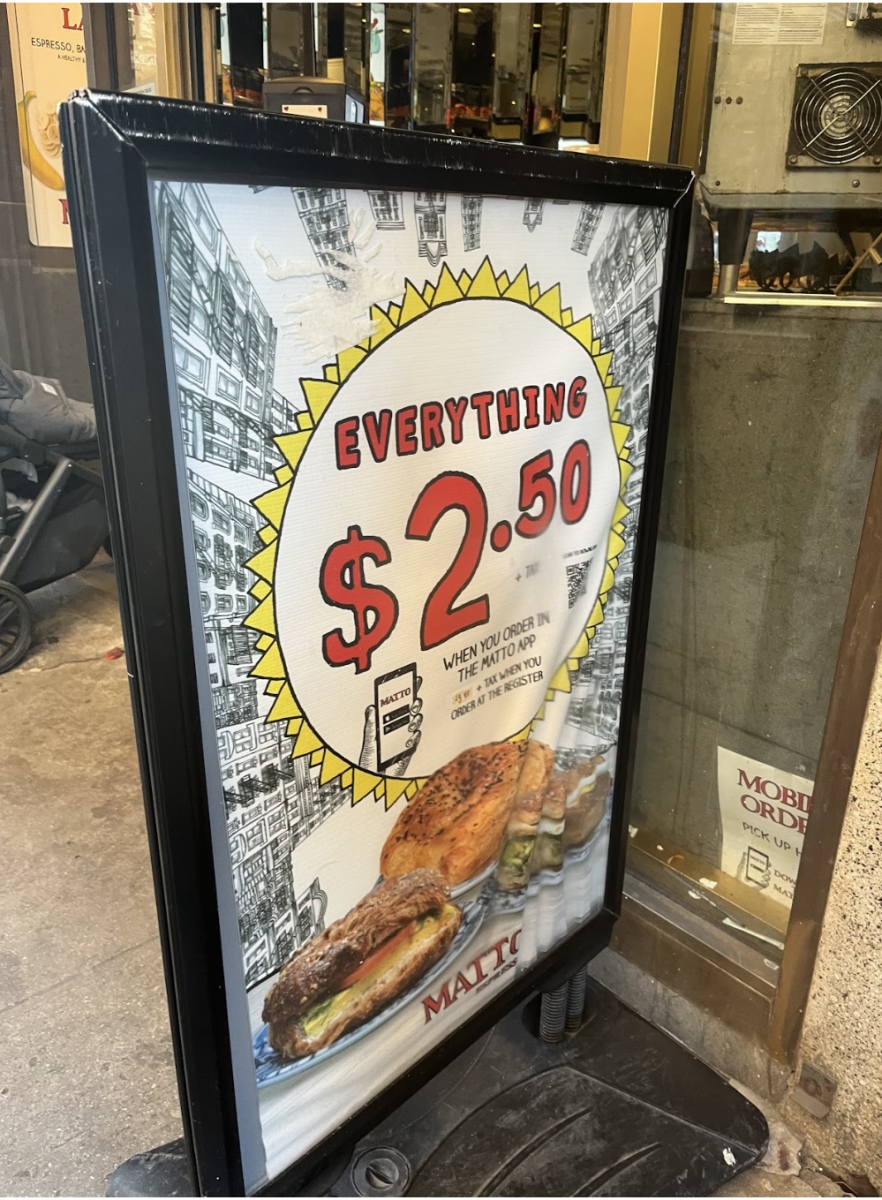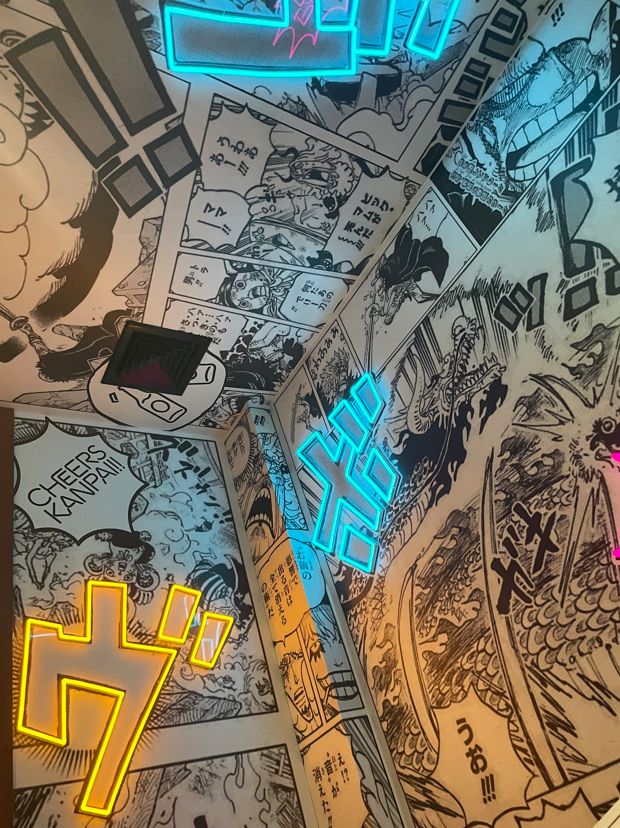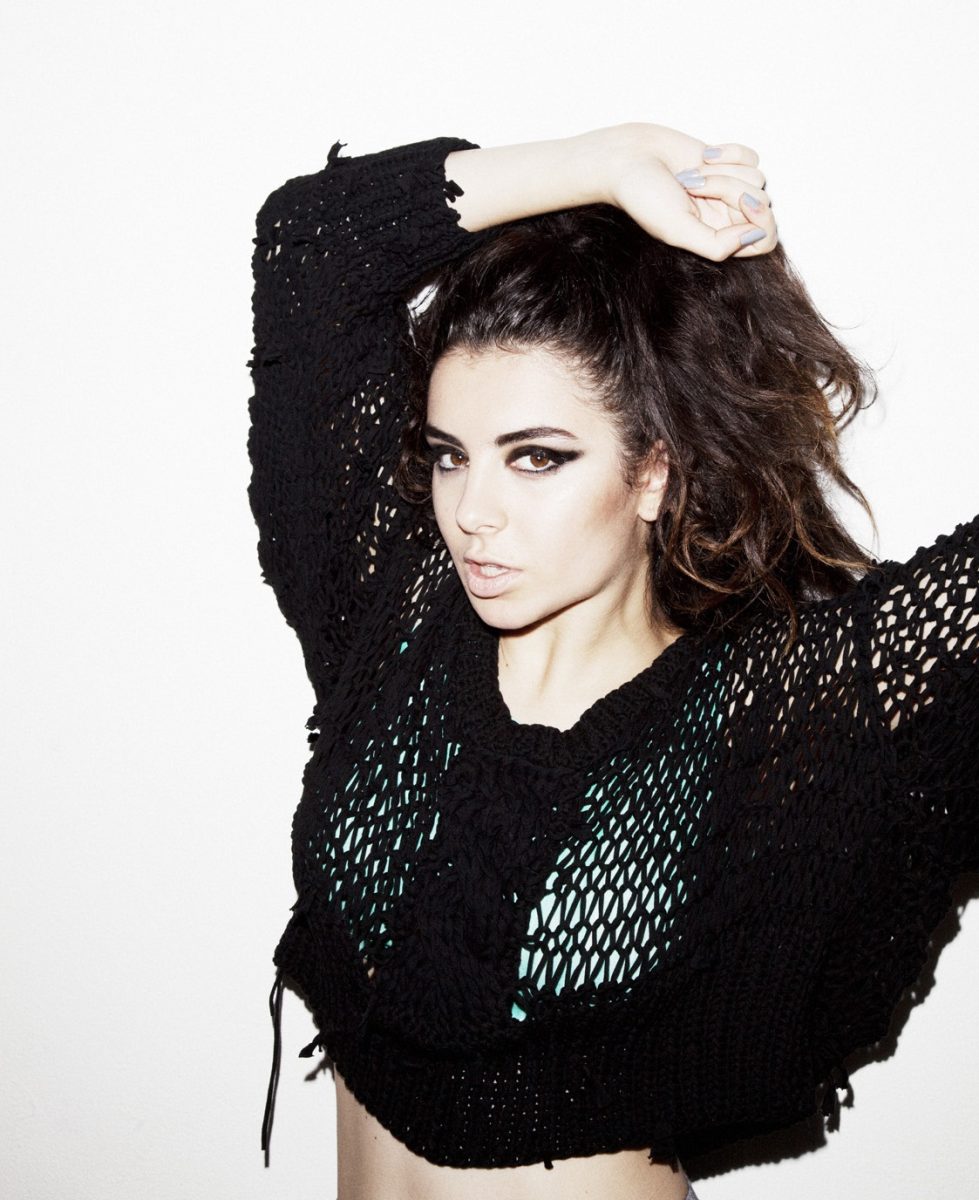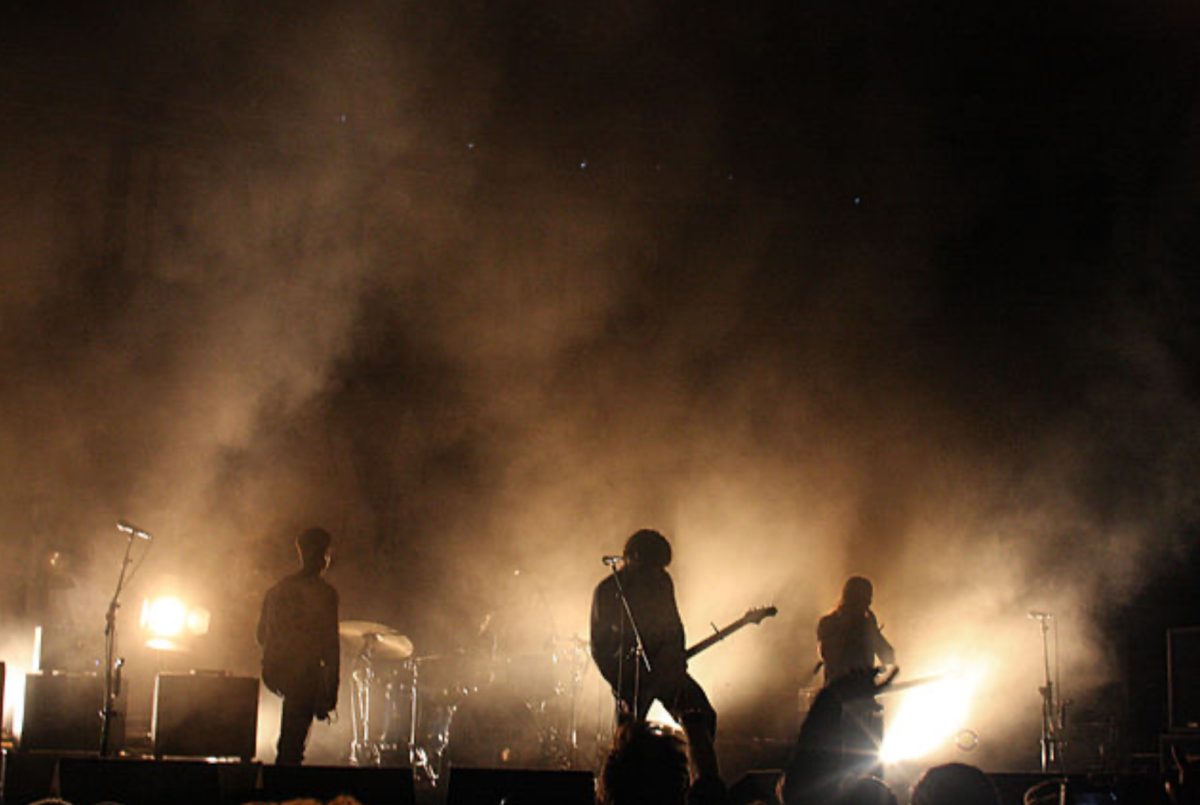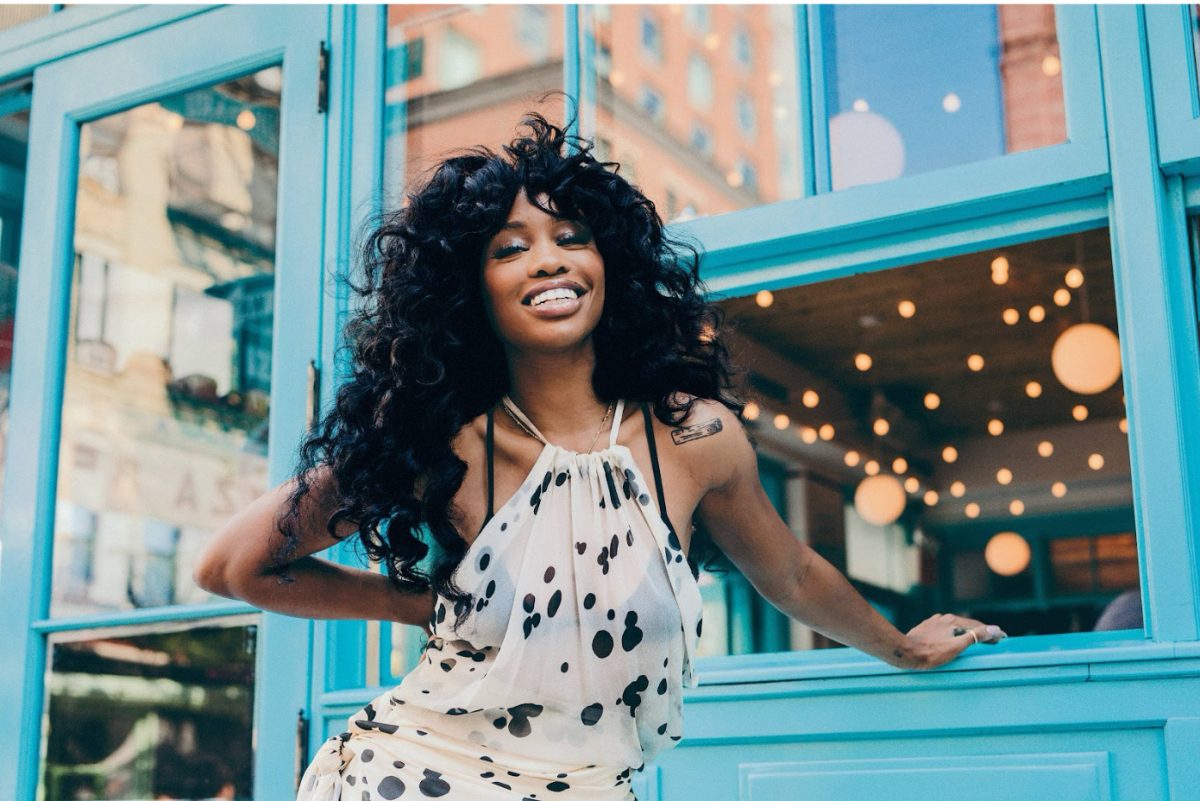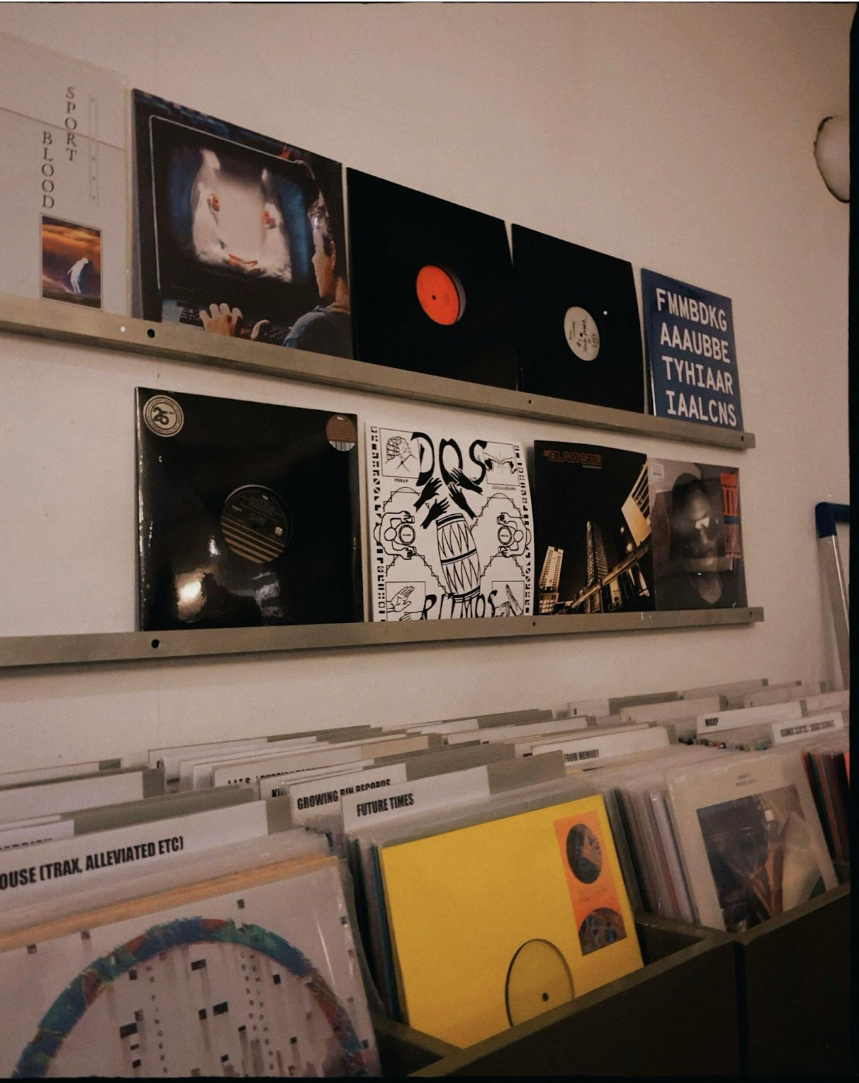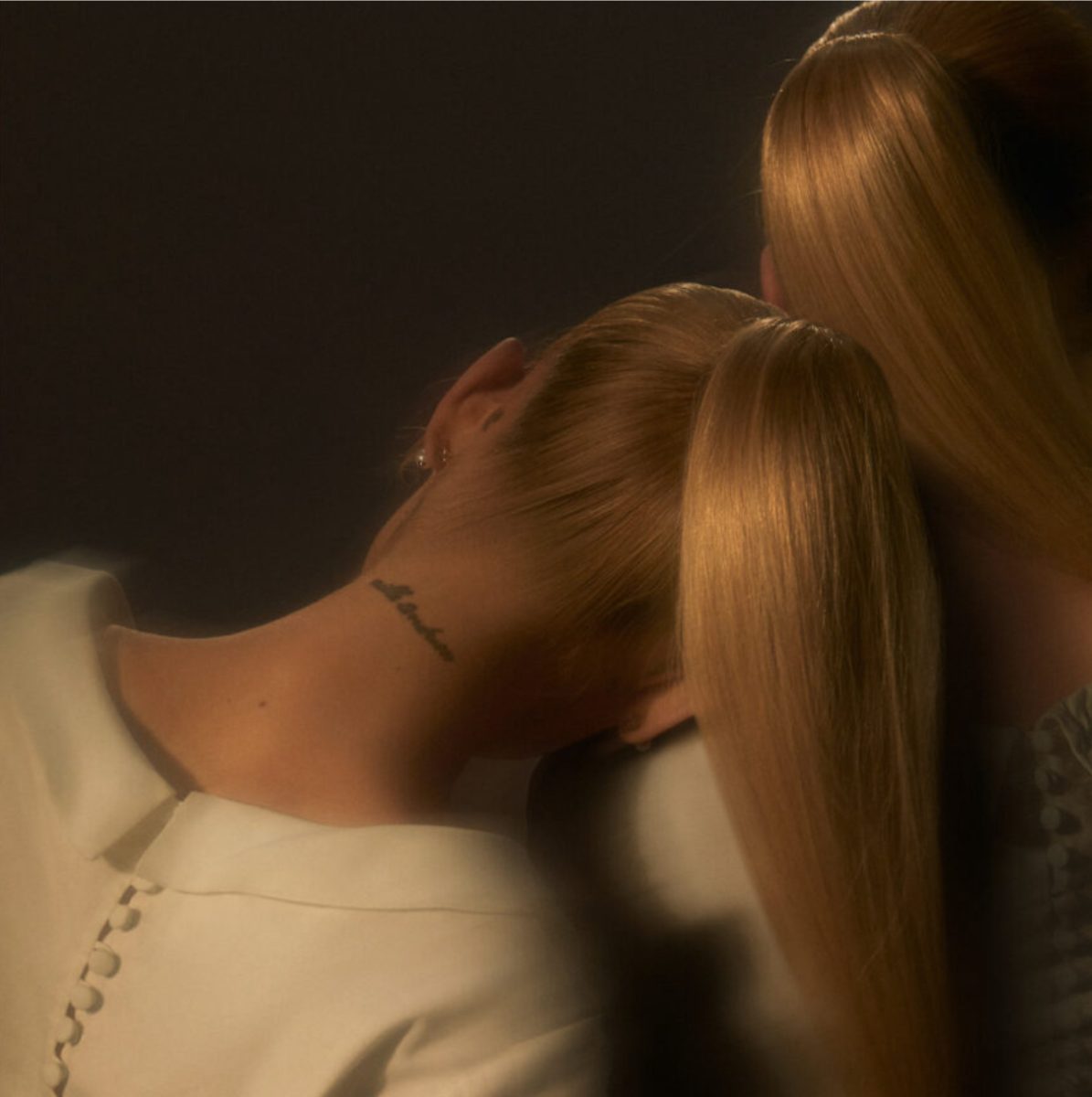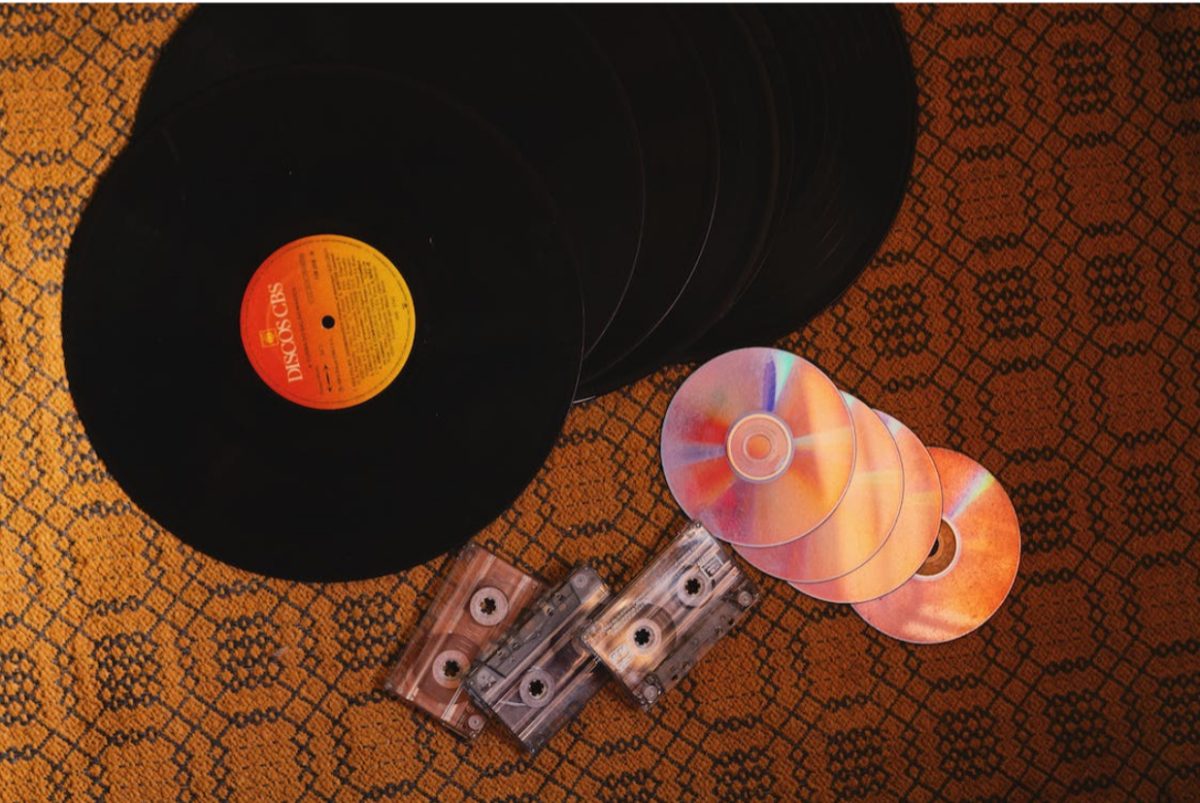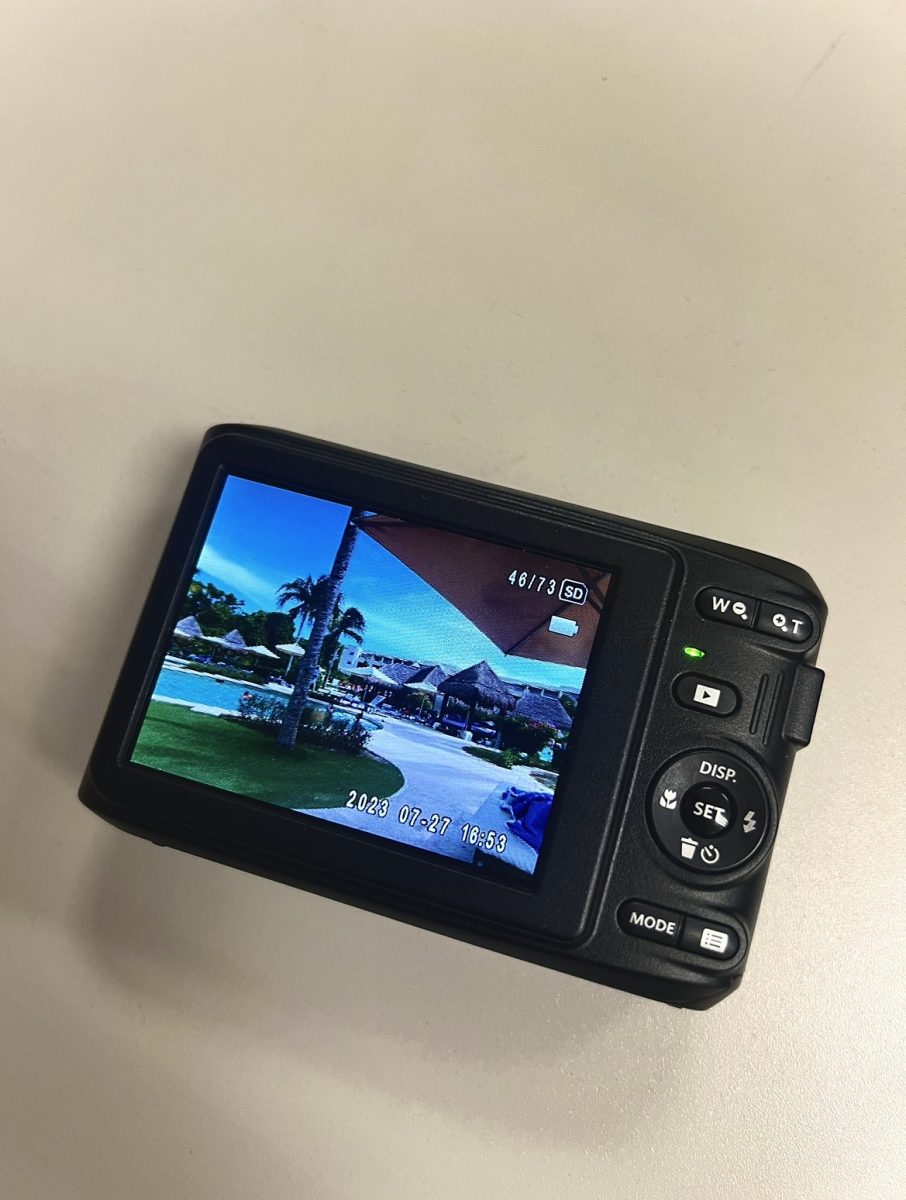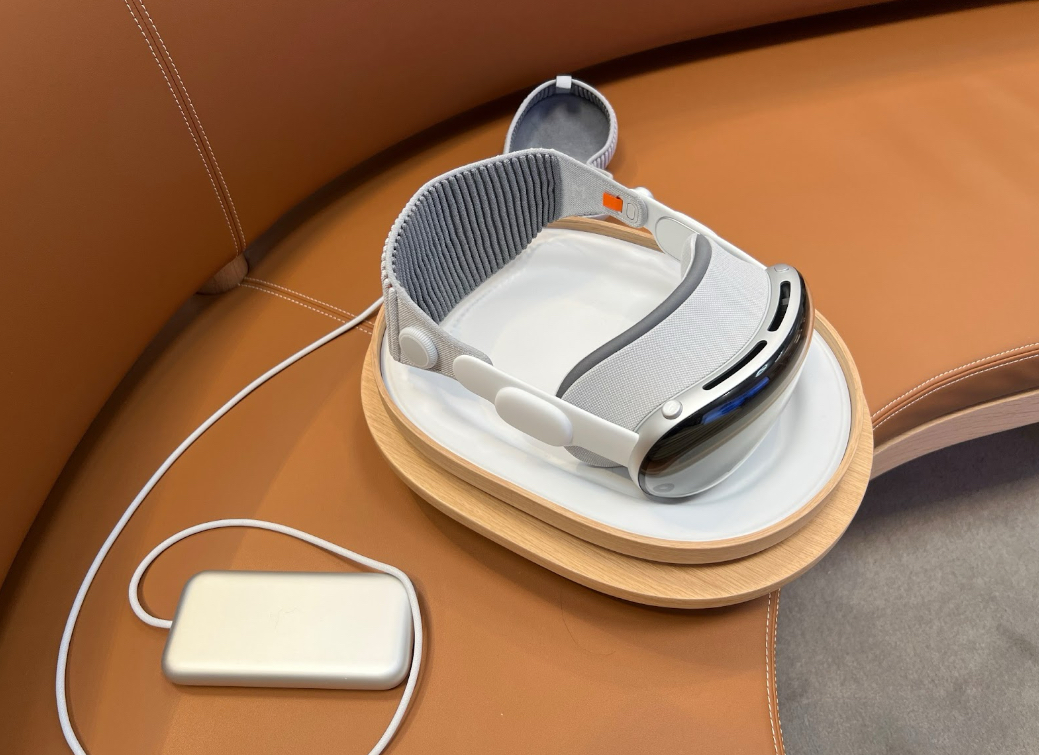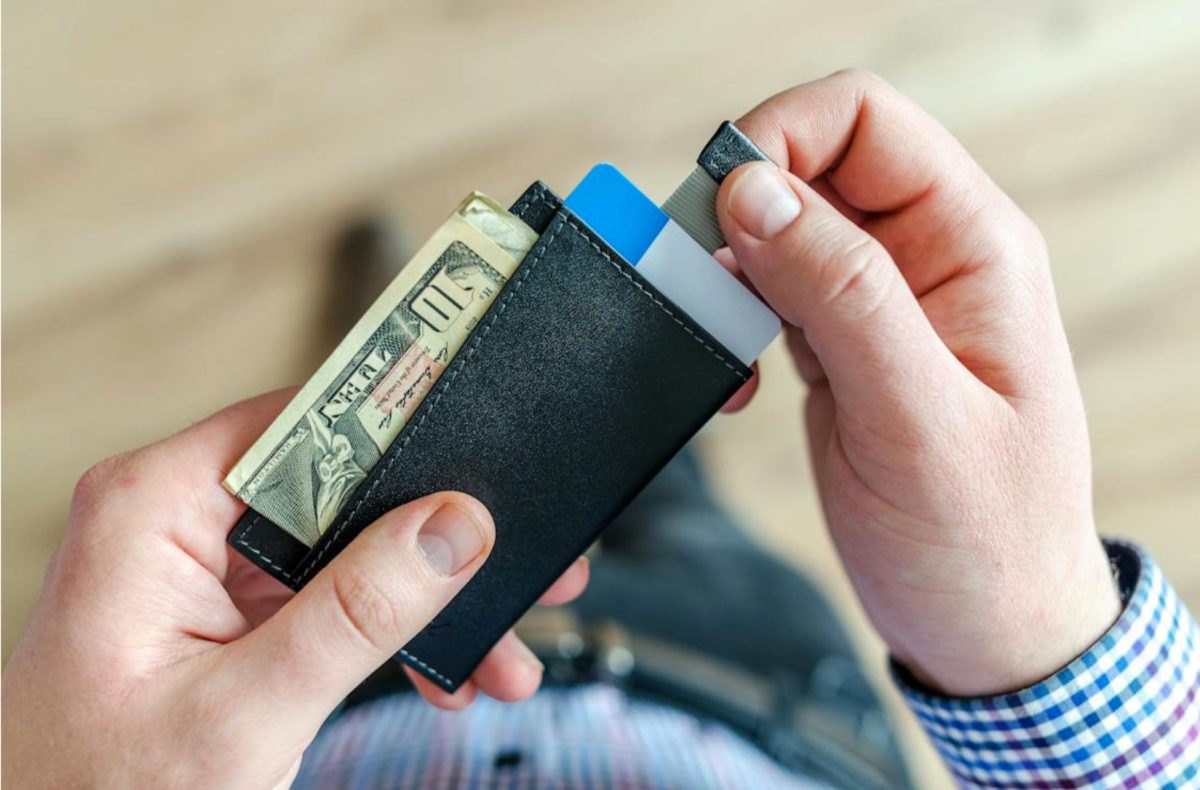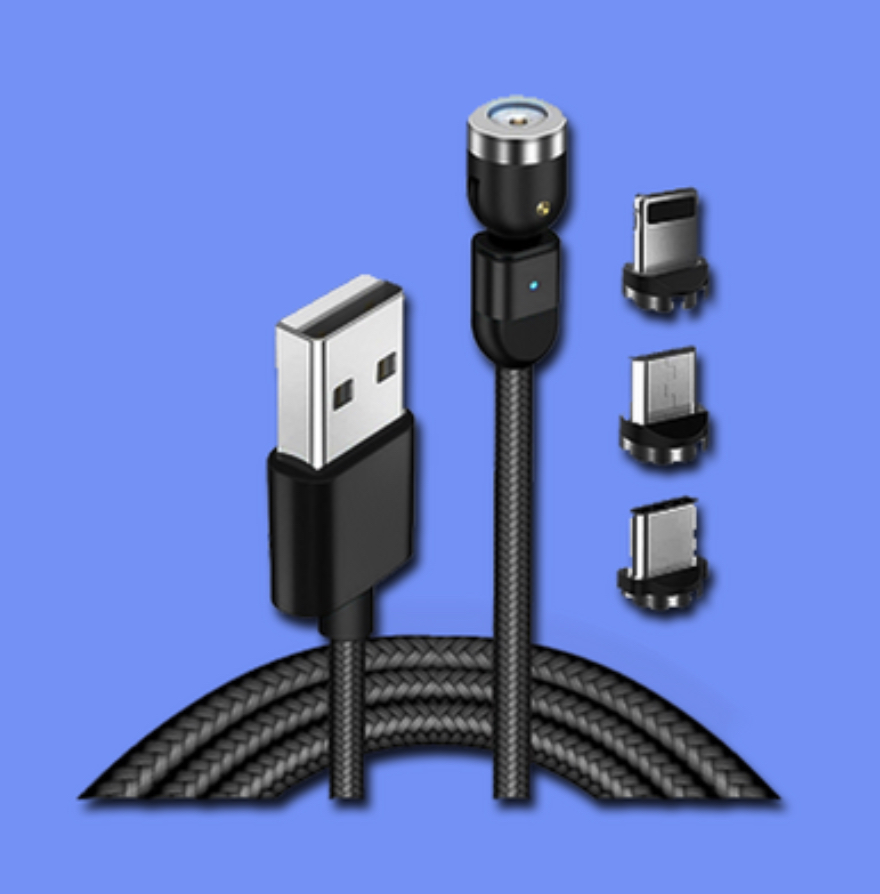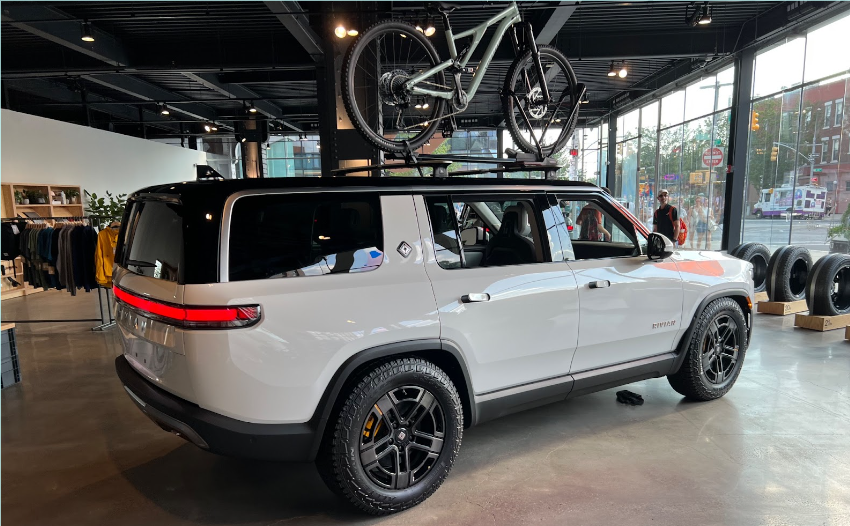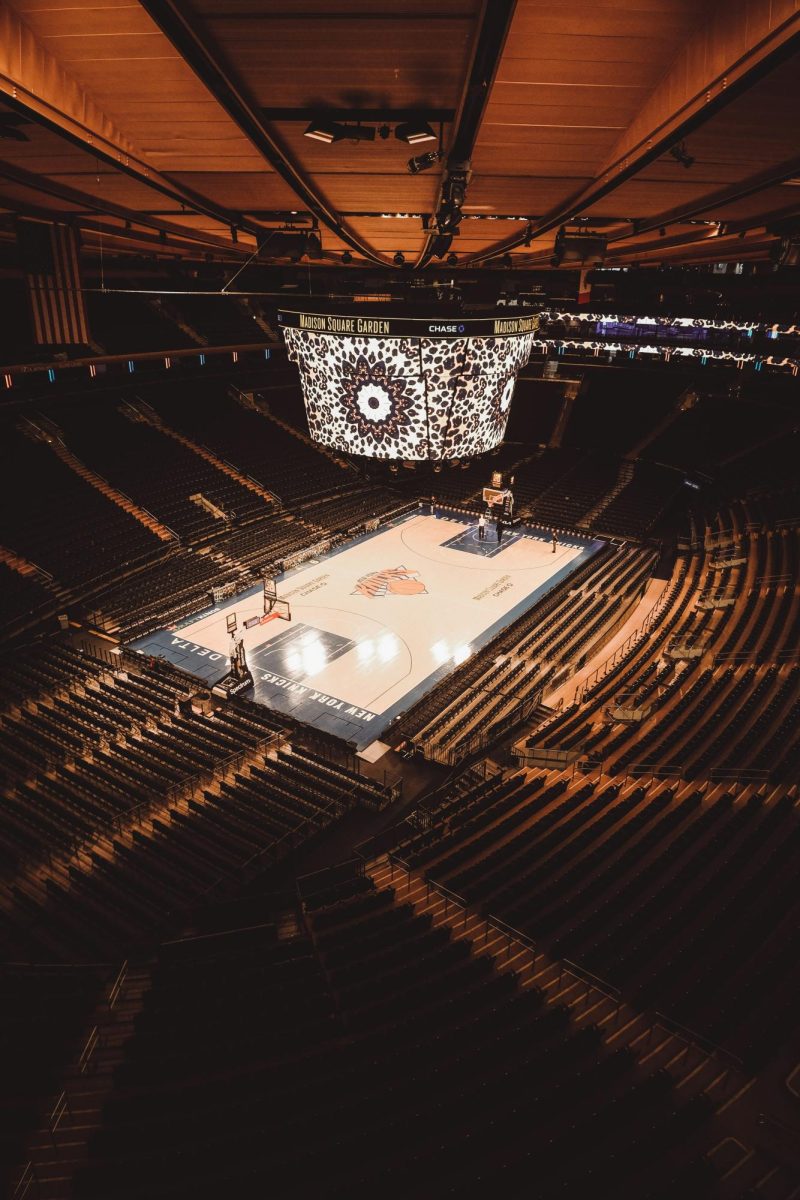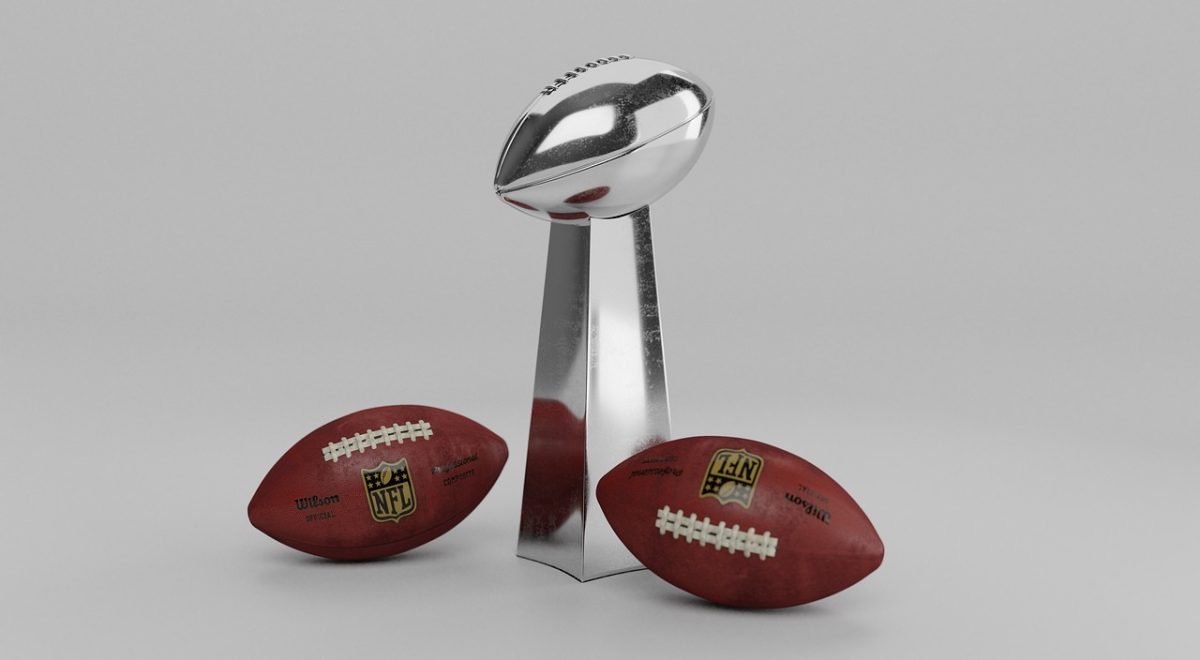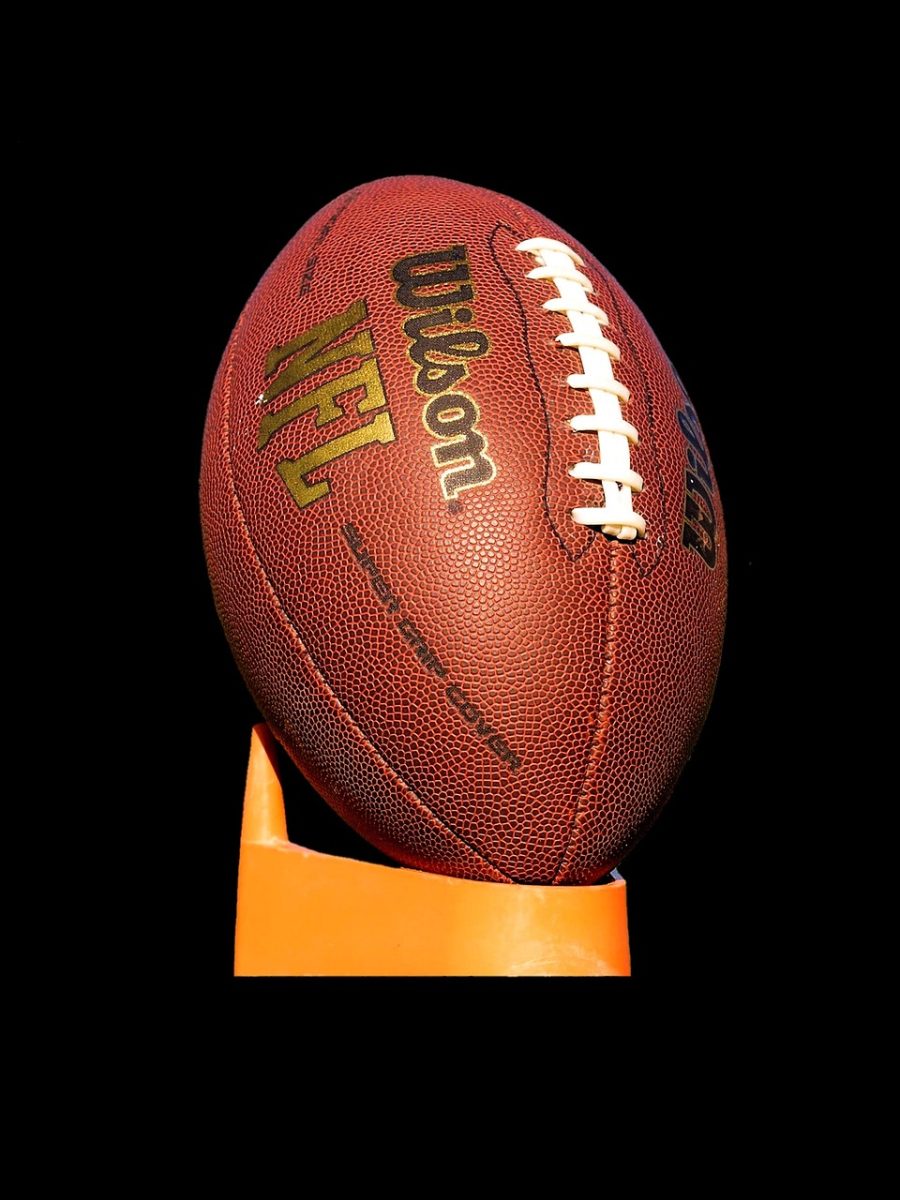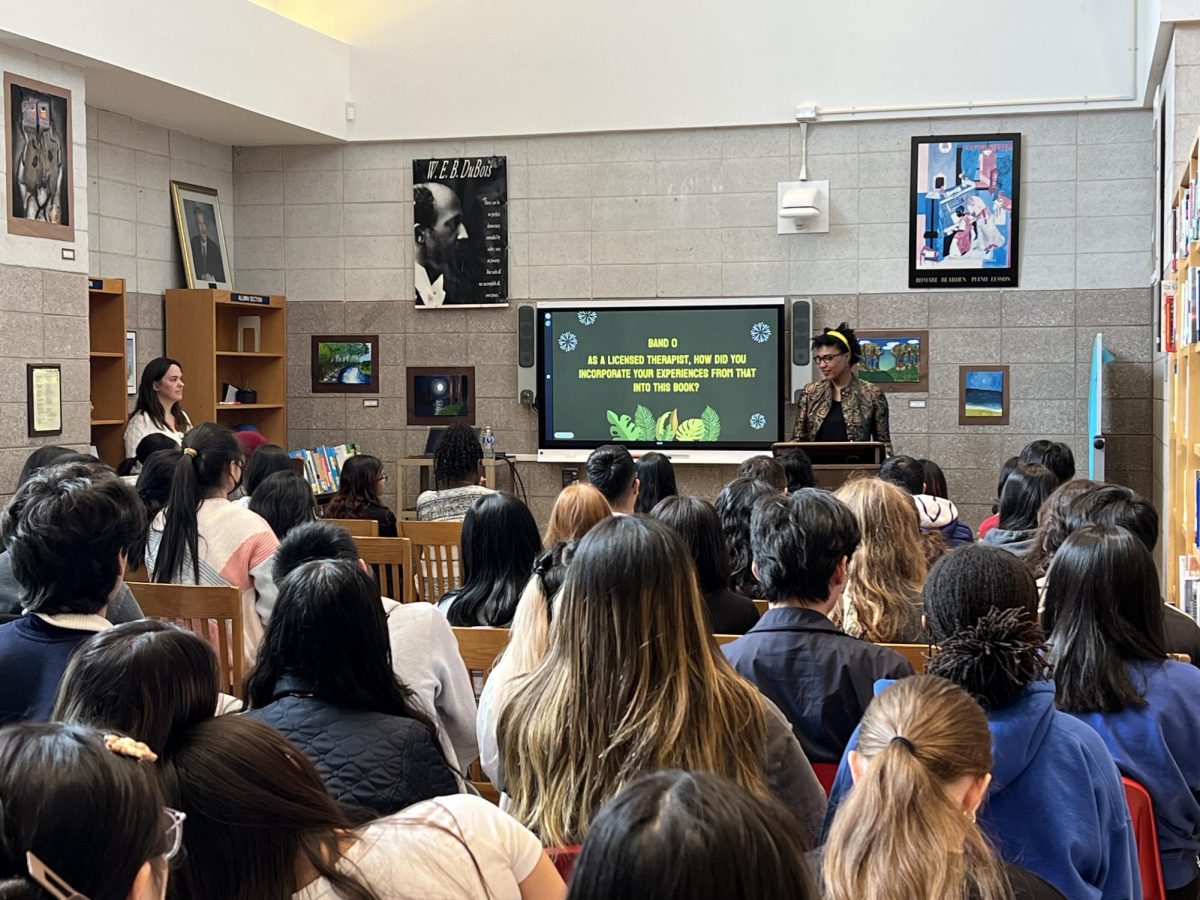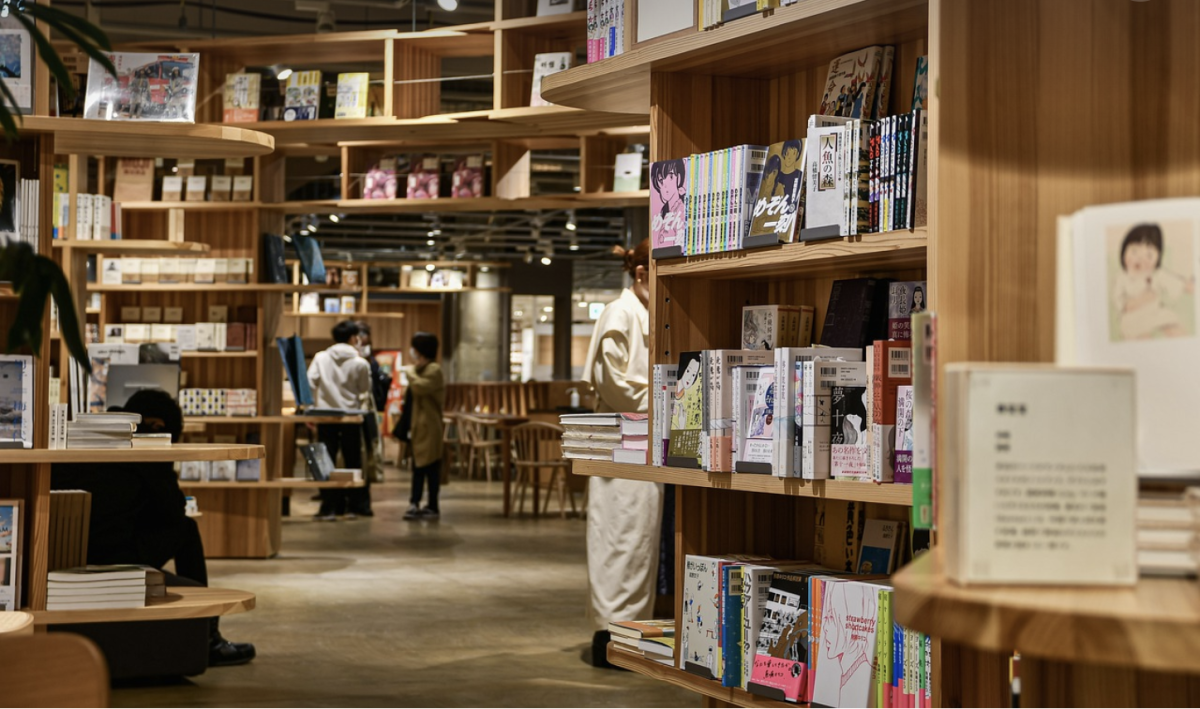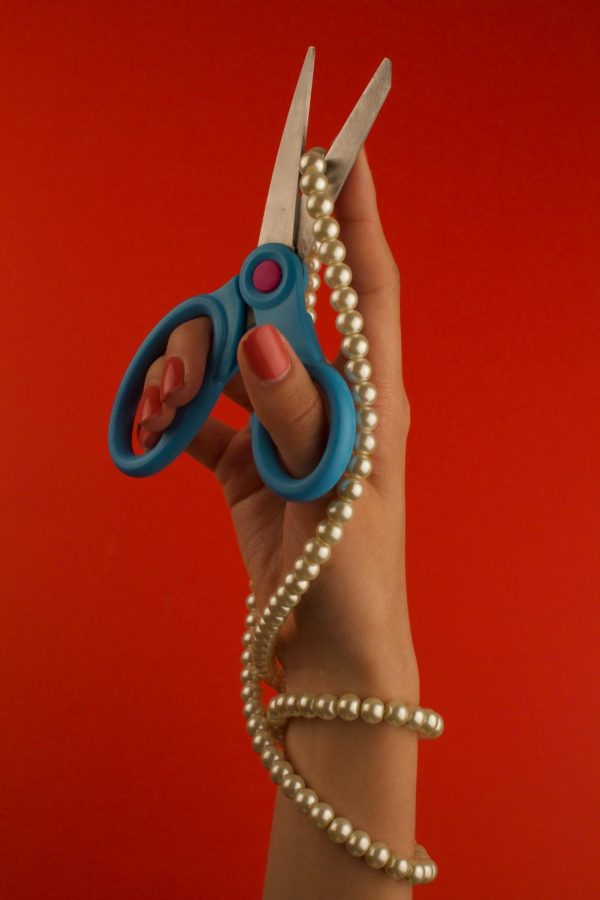My Body by Emily Ratajkowski: A Celebrity Memoir Done Right
April 17, 2023
You may have seen her walking the runways of designer brands such as Versace and Marc Jacobs, or partying with celebrities in lingerie and see-through dresses. Sporting jaw-dropping looks at the Met Gala, dancing topless in Robin Thicke’s “Blurred Lines” music video, or modeling her own bikini line to nearly 30 million Instagram followers, Emily Ratajkowski is currently one of the world’s most notorious models. Her 2021 collection of essays, titled My Body, breaks down the glitz and glamorous exterior of her life to expose a young, beautiful woman struggling to portray her image and sexuality on her own terms.
The text-only cover of the novel is rare for a book by a celebrity, but it aligns perfectly with Ratajkowski’s intentions: “I wanted to be able to have my Instagram hustle, selling bikinis and whatever else, while also being respected for my ideas and politics and well, everything besides my body,” she writes in the book’s introduction. “ In doing so, she essentially challenges the “either-or” belief about being a woman. She longs to have not only the ideological admiration of the public, especially of her physical beauty, but also the respect of the people, as she stars in both daring magazine photoshoots and in-depth professional interviews regarding her take on patriarchy and the male gaze
One of the earlier essays in the collection details her experience filming what is often regarded as her big break – Robin Thicke’s “Blurred Lines” music video. Hired to fill a highly sexualized role, Emily was in the background of many shots – barely dressed, hair teased, smudged red lips. But, in a 2013 interview shortly after the video’s release, Emily stated in response to a question on whether or not she viewed the video as sexist, “I don’t. I really appreciate the people who watch out for that stuff, and I’m sensitive to those sort[s] of things. On the surface level, the naked women dancing, I understand that can be perceived that way. But we’re directed to have a sort of confidence, a sarcastic attitude about the whole situation.”
What viewers hadn’t learned before the release of My Body is that during filming, Thicke had actually groped Emily. Emily writes that after the incident, “I pushed my chin forward and shrugged, avoiding eye contact, feeling the heat of humiliation pump through my body. I didn’t react — not really, not like I should have.” As one of her first ever jobs, Emily recognizes her naivety at the time and hopes to help other women stuck in situations like hers and prevent them from suffering in silence. Thicke himself has not publicly acknowledged the allegation.
Further essays describe several other instances where Emily has been taken advantage of by men in her industry. One of her most thought-provoking essays, titled “Buying Myself Back,” recalls a male photographer selling books of her naked photos without her consent. But the feelings of pity for Emily only seem to go so far, as you can’t help but wonder why she continues to put her body on display knowing everything that comes with it. The reason why appears to be much more simple than we’d imagine: “I so desperately craved men’s validation that I accepted it even when it came wrapped in disrespect,” she writes.
What I loved about reading Emily’s innermost thoughts and ideas is that even she is unsure of the role that she plays as a model, feminist, writer, and advocate all at once. The book ends with many questions left unanswered: is it acceptable to feel isolated for being more physically attractive than your peers? Do Instagram models with 28 million followers deserve attention beyond their outward appearance? At what point has a woman put herself out there in a way that is “too much”? “Beauty was a way for me to be special,” Emily admits. But can a woman in our society be special in several ways at the same time?
